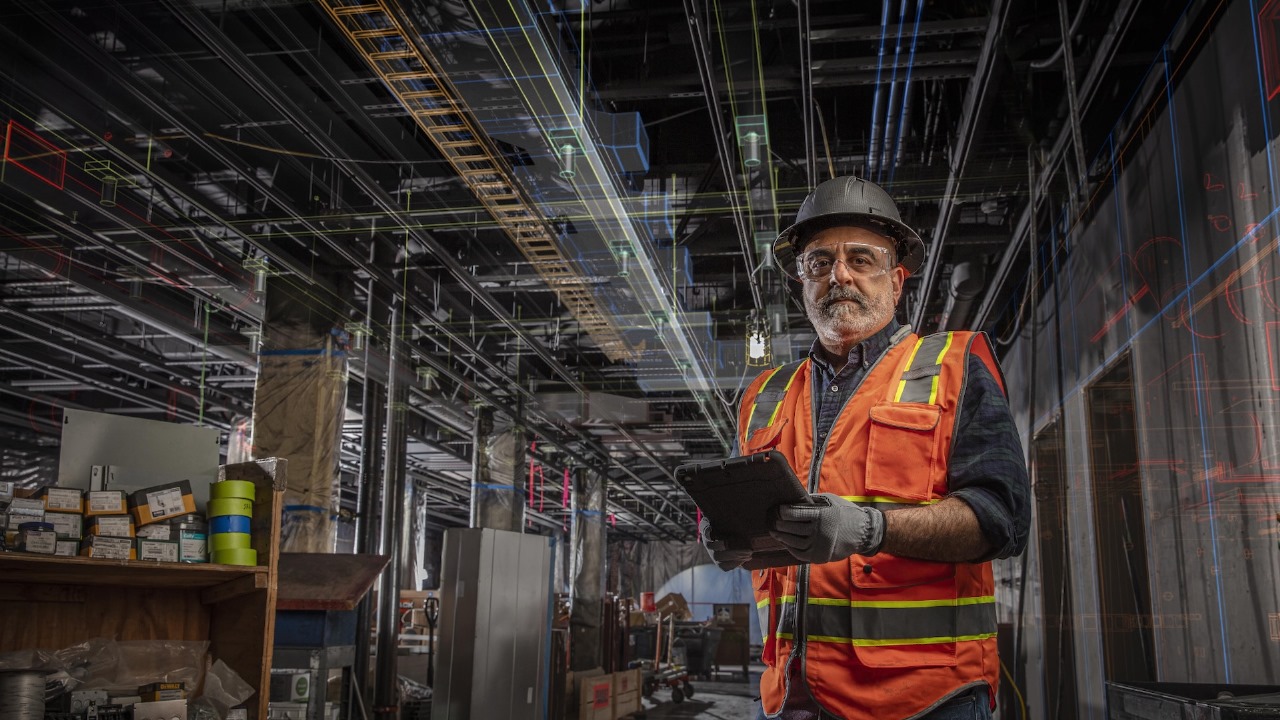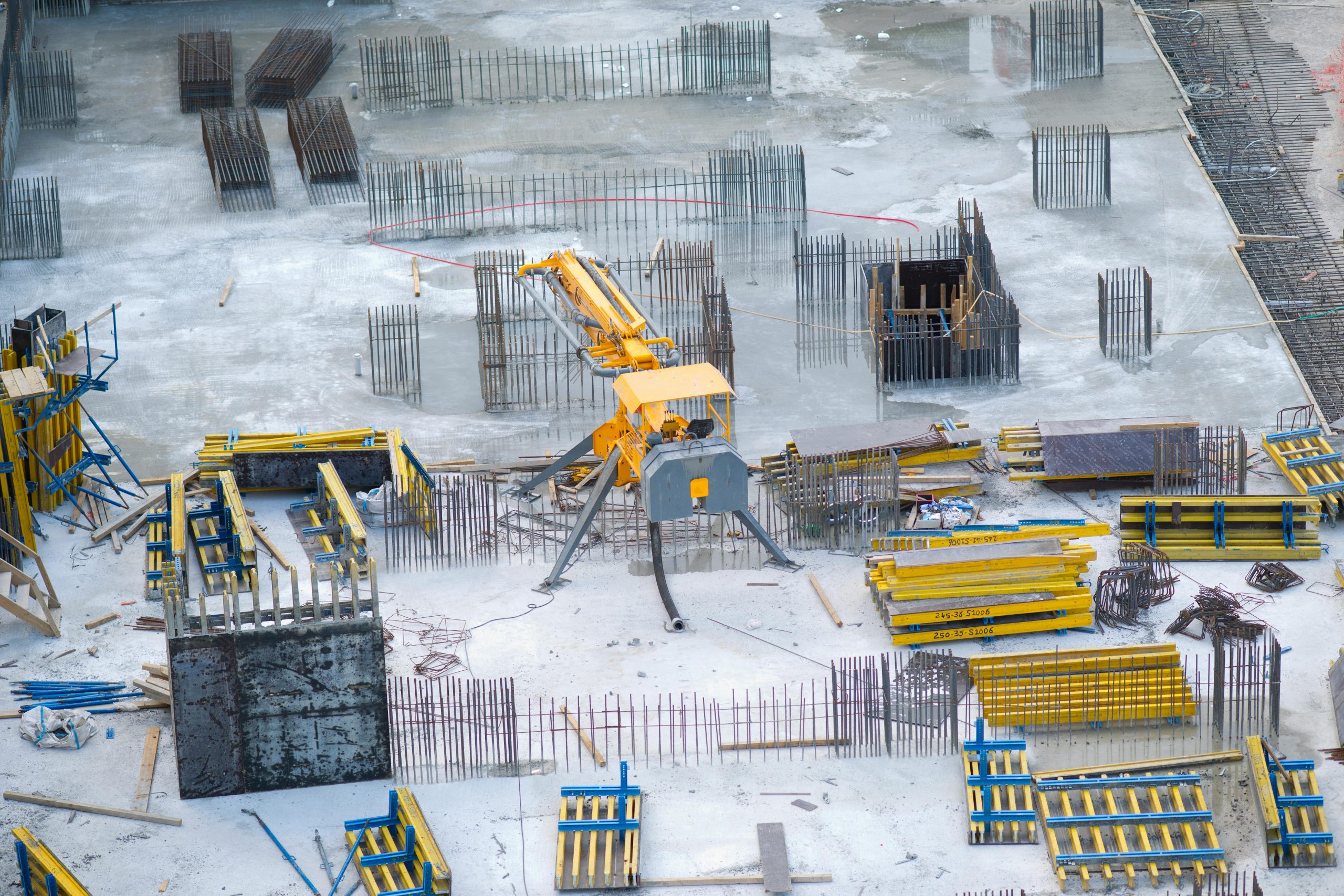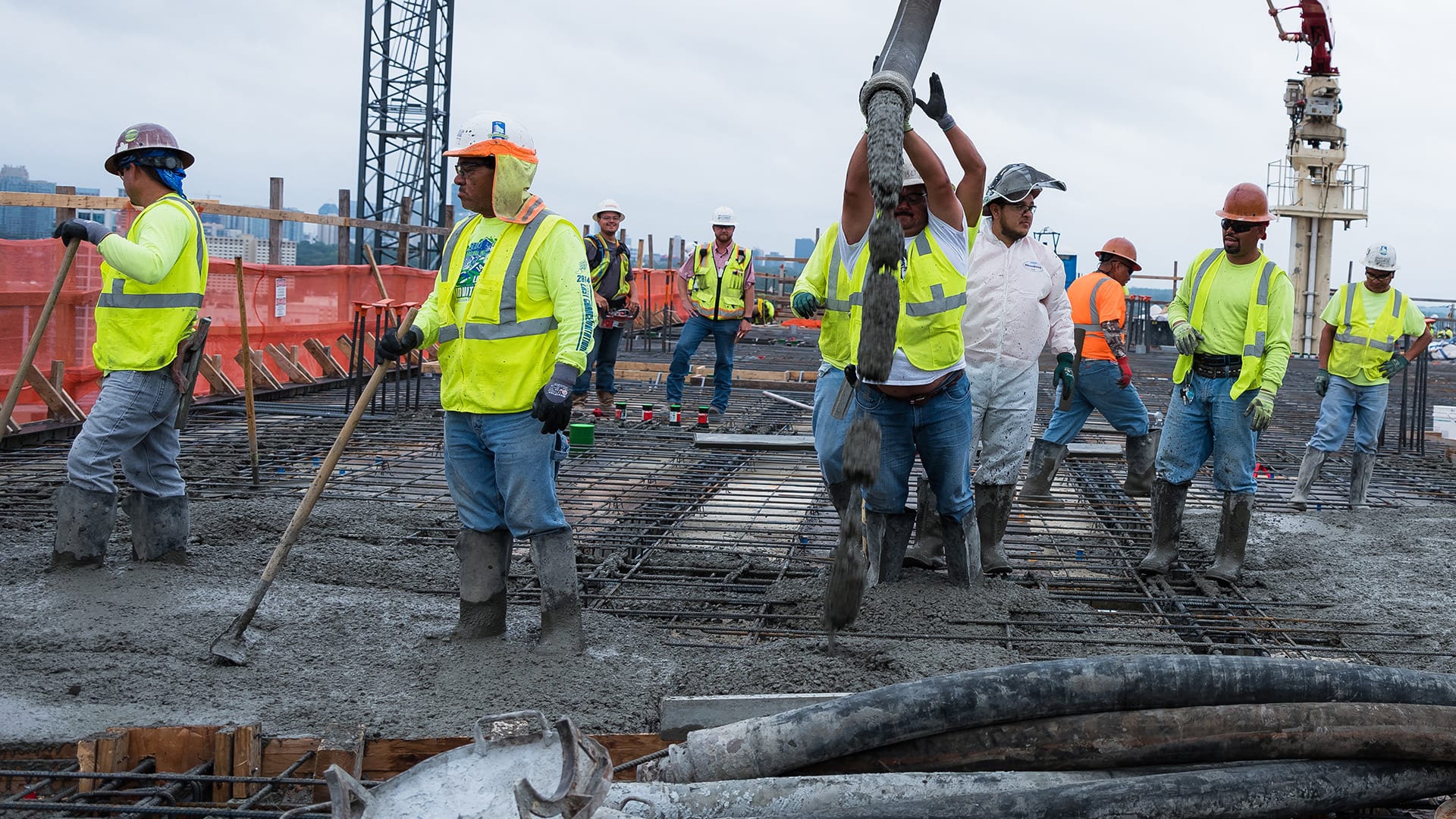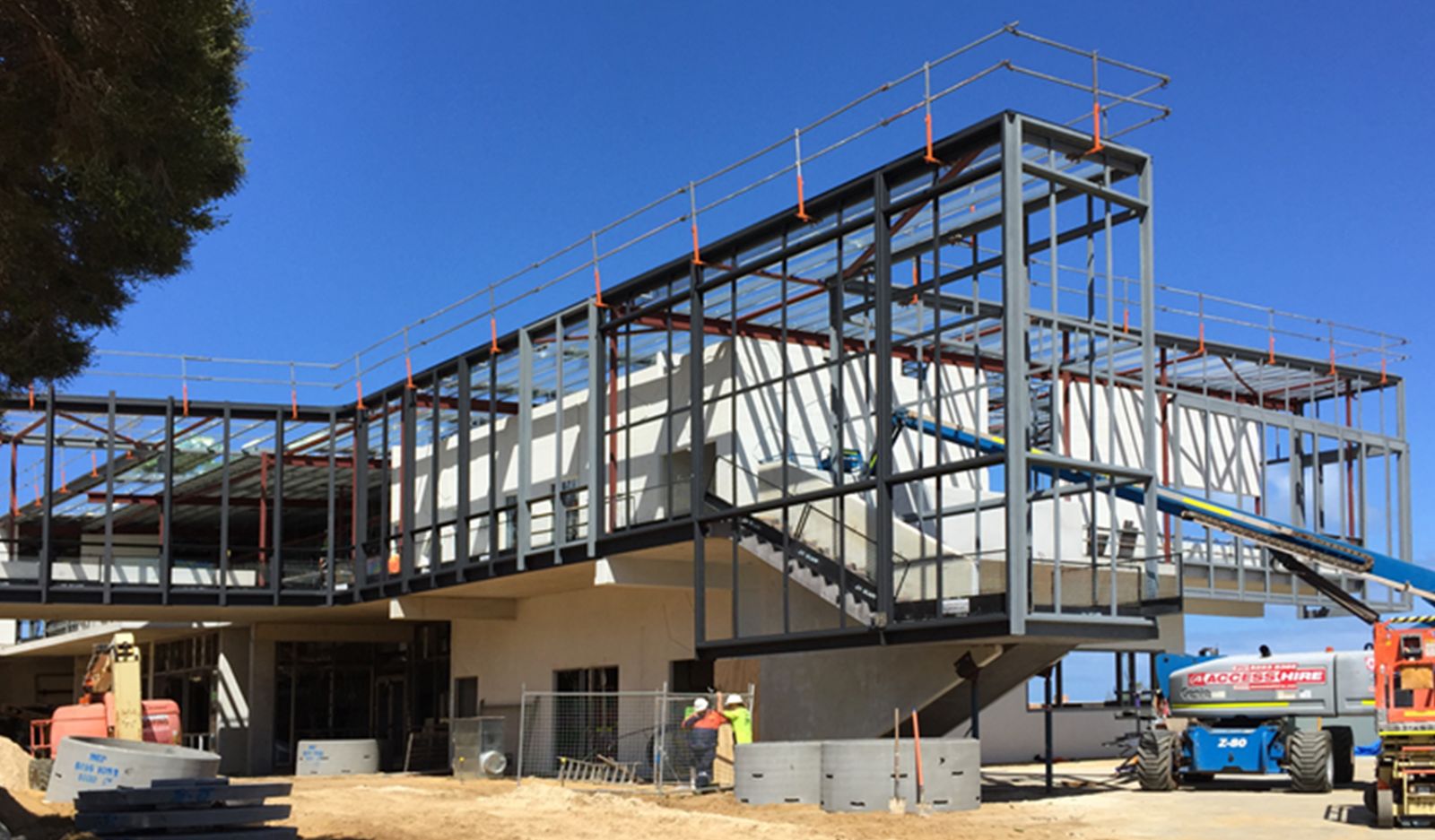
Technology is revolutionizing industries worldwide, and the construction sector is no exception. construction trade schools in texas are at the forefront of this transformation, integrating advanced technology into their programs to better prepare students for today’s complex and rapidly evolving construction environment. At Associated Builders and Contractors (ABC), we recognize how critical technology is in shaping the future of construction education and workforce readiness.
Why Technology Matters in Construction Education
The construction industry increasingly relies on sophisticated tools, software, and machinery that improve efficiency, safety, and project outcomes. Training students on these technologies during their education ensures they enter the workforce with the skills employers demand.
Key Technologies Shaping Construction Trade Schools in Texas
Building Information Modeling (BIM)
BIM technology allows construction professionals to create detailed 3D digital models of buildings and infrastructure before physical work begins. Trade schools teach BIM to help students understand project visualization, clash detection, and collaborative planning.
Virtual Reality (VR) and Augmented Reality (AR)
VR and AR provide immersive training environments where students can simulate construction tasks, equipment operation, and safety scenarios. These tools enhance learning by allowing risk-free practice of complex skills.
Drones and Robotics
Drones are becoming standard for site surveys, inspections, and monitoring progress, while robotics assist in repetitive or hazardous tasks. Trade schools incorporate training on these technologies to familiarize students with their applications and benefits.
Construction Management Software
Students learn to use software for project scheduling, cost estimating, resource allocation, and communication. Mastery of these tools is vital for efficient project management and team coordination.
Benefits of Technology Integration in Trade Schools
Enhanced Hands-On Learning
Technology provides realistic, interactive experiences that supplement traditional hands-on training, leading to better skill retention and confidence.
Improved Safety Training
Simulations allow students to practice safety protocols and respond to emergencies virtually, reducing risks during real-world work.
Preparedness for Modern Worksites
Graduates who understand and utilize technology seamlessly fit into modern construction environments, making them highly employable.
Challenges and Opportunities
While technology brings many advantages, trade schools also face challenges such as the cost of equipment and the need for instructor training. However, these investments pay off by producing graduates who meet industry expectations and help advance the sector.
The Future Outlook: Continued Tech Adoption
As construction methods evolve, trade schools in Texas will continue to expand technology use in their curricula. Emerging innovations like AI-driven analytics, 3D printing, and sustainable building technologies are expected to become part of specialized training programs.
Conclusion: Embracing Technology to Build a Skilled Workforce
Technology plays a vital role in modernizing construction trade schools in Texas, enhancing education quality, and preparing students for the demands of the industry. With support from Associated Builders and Contractors, schools are equipped to integrate the latest tools and techniques, ensuring graduates are ready to contribute effectively from day one.
For anyone considering a career in construction, training with cutting-edge technology provides a clear advantage in today’s competitive job market. Embracing technological advancements within trade education is essential to building the future of construction in Texas.






